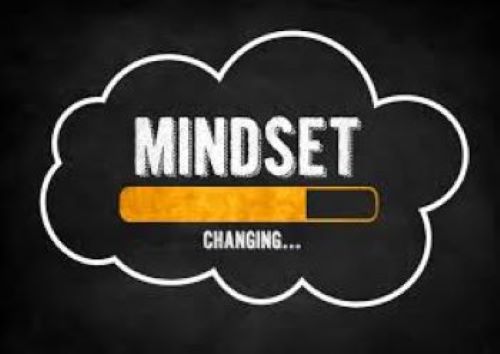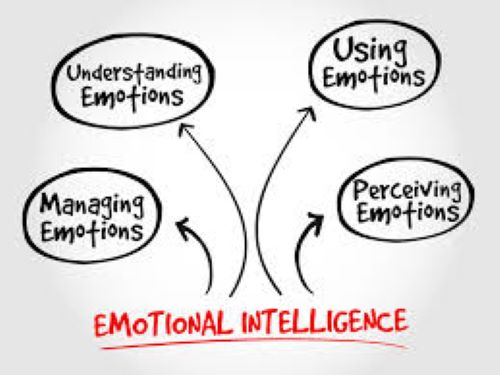
Holistic Mindset Coaching
A Holistic Mindset Coach helps individuals achieve personal growth, emotional well-being, and balance by addressing their mental, emotional, physical, and spiritual needs. They guide clients in adopting a whole-person approach to self-improvement, ensuring alignment between their values, goals, and daily habits.
Key Responsibilities:
- Empowering Clients:
- Help clients identify limiting beliefs, fears, or negative thought patterns.
- Facilitate mindset shifts that promote self-awareness, self-confidence, and resilience.
- Goal-Setting and Strategy:
- Assist in setting meaningful, achievable goals that align with the client’s core values.
- Provide actionable strategies to integrate positive changes into their personal and professional lives.
- Personalized Guidance:
- Use tools like mindfulness practices, visualization techniques, and journaling to foster clarity and

Performance Coaching
A Performance Coach works with individuals or teams to help them achieve their full potential, improve their performance, and reach specific goals. Their role spans various industries, including sports, business, education, and personal development. Below is a breakdown of their responsibilities:
Core Responsibilities
- Assessment and Goal Setting:
- Evaluate current performance levels through observations, feedback, and data.
- Collaborate with clients to define clear, measurable goals.
- Developing Strategies:
- Design personalized plans to enhance productivity, efficiency, and skillsets.
- Implement techniques to build focus, resilience, and mental toughness.
- Motivation and Encouragement:
- Provide ongoing support and encouragement to help individuals stay motivated.
- Address mental or emotional barriers that impact performance.
- Skill Development:
- Teach effective time management, communication, and leadership skills.
- Guide individuals in building habits for sustainable success.
- Performance Tracking:
- Regularly monitor progress and provide constructive feedback.
- Adjust strategies and plans as necessary to ensure continued growth.
- Mindset Coaching:
- Help clients develop a growth mindset, build confidence, and manage stress.
- Introduce mindfulness, visualization, or other mental conditioning practices.
- Team Collaboration (if applicable):
- Facilitate teamwork and communication within organizations or sports teams.
- Mediate conflicts and foster a culture of mutual accountability and support.

Emotional Intelligence Coaching
The role of an Emotional Intelligence (EI) Coach revolves around helping individuals or teams develop and enhance their emotional intelligence to lead more fulfilling lives, build stronger relationships, and achieve professional success. Here’s a breakdown of the role:
Key Responsibilities
- Assessment and Awareness
- Conduct EI assessments (e.g., EQ-i 2.0, MSCEIT) to identify strengths and areas for improvement.
- Guide clients in understanding their emotional patterns, triggers, and blind spots.
- Developing Self-Awareness
- Help clients recognize their emotions and the impact they have on thoughts, decisions, and behaviors.
- Facilitate reflection exercises to deepen self-awareness.
- Managing Emotions
- Teach techniques for emotional regulation, stress management, and mindfulness.
- Support clients in responding effectively rather than reacting impulsively in challenging situations.
- Improving Empathy
- Coach clients on understanding and valuing others’ perspectives.
- Foster active listening and non-judgmental communication skills.
- Enhancing Relationships
- Help clients build stronger personal and professional relationships.
- Provide strategies for conflict resolution, collaboration, and leadership.
- Communication Skills
- Train clients in expressing themselves clearly and assertively while remaining empathetic.
- Address barriers like poor listening, misinterpretation, or lack of trust.
- Building Resilience
- Equip clients with tools to navigate setbacks and maintain a positive outlook.
- Foster adaptability in the face of change or stress.
- Leadership Development (for professionals)
- Coach leaders to inspire, motivate, and manage teams effectively using emotional intelligence.
- Focus on team-building, decision-making, and fostering a positive workplace culture.

